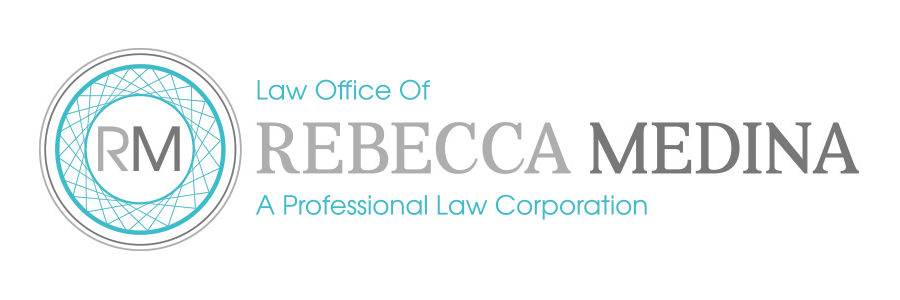The end of a marriage is difficult for all parties concerned. However, some forms of marital dissolution are more difficult than others. The most challenging of these is a contested divorce.
Contested divorce
Contested divorces are often the longest and most expensive form of divorce because they follow the traditional litigation route. This can involve multiple court dates, with months between each, depending on the court’s calendar. For any divorce to be finalized, all important issues must be resolved by a judgment. A judgment can be reached either by the parties’ agreement or by a judge following a trial.
In a contested case, there is a dispute as to major terms of the divorce such the sharing of time and decision making for children, property division, and support issues. After a spouse is served with a summons and petition for divorce, he or she has thirty days to file a response. After the petition and response have been filed, but before the matter goes to trial, there is a process called the mandatory disclosure process and potential discovery. The purpose of the mandatory disclosure process is for both spouses to make a full disclosure of all of their assets and debts and income and expenses in order to reach agreements or for the Judge to make a decision. The aim of discovery is to gather as much relevant information as possible from both parties that was not acquired by the disclosure process. Methods for discovery include sending written questions known as interrogatories, demanding the production of documents, and possibly taking depositions.
As the discovery process unfolds and information is exchanged, the strength of the parties’ positions may become more clear. Even though a contested case is normally associated with court litigation, many cases settle before going to trial. In most cases, there is at least one issue that the parties can agree on. Ultimately, any issues still in dispute will be litigated in court and determined by a judge at trial.
Collaborative divorce
At the heart of the collaborative divorce process are negotiation sessions involving the parties, and their collaborative team which is comprised of their respective lawyers, divorce coach, and a financial neutral. Rather than litigate, the collaborative team all work together to help the parties find creative solutions and reach agreements on important issues and resolve any areas of dispute.
Before entering the collaborative process, the parties sign a collaborative law agreement. This agreement has a disqualification clause, which specifies that if either party leaves the collaborative process to litigate the issues in court, both parties must hire new attorneys. This gives the parties incentive to their full effort and be fully invested in the collaborative process.
As opposed to the litigation discovery process, the collaborative process encourages even more open and voluntary disclosure. Settlement meetings occur in an informal setting, rather than in a courtroom. Sometimes the collaborative process can lay the groundwork for cooperation between parties even if they do end up in litigation. For instance, there may be a dispute regarding whether an asset is considered marital property. The parties may reach an agreement on all other issues but leave this one issue to be decided by a judge.
Collaborative divorce may not be appropriate for all couples, for instance where there is a history of abuse or coercion, or where the power dynamics may lead to one party being taken advantage of or feeling trapped. An experienced collaborative law attorney can help you evaluate these factors and how they may impact the process.
Uncontested divorce
An uncontested divorce case is where there are no issues that need to be resolved because the parties agree on all terms. A divorce is considered uncontested if a spouse files their divorce petition, the other spouse files a response, the couple voluntarily exchange/complete their mandatory disclosures, and the couple has created a written marital settlement agreement addressing all important issues.
Learn more about your options for divorce in California
Do you have questions about different divorce strategies? Call The Law Office of Rebecca Medina at 559-324-5427 in Fresno or 858-285-4315 in San Diego, or contact us online. We can provide guidance tailored to your situation.
